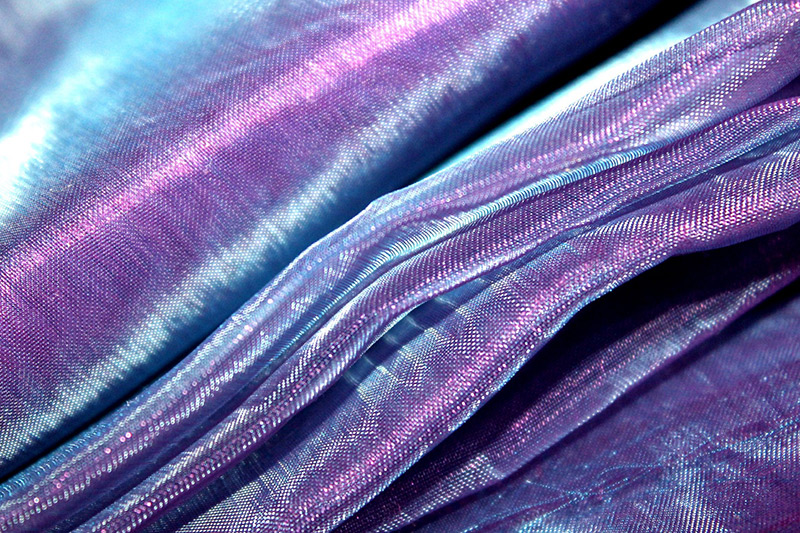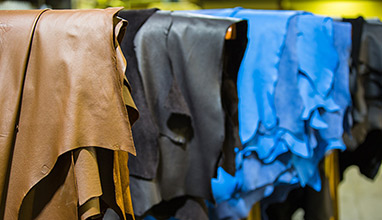The Pros and Cons of Polyester Clothing
Polyester fabric is often thought of as a cheaper, less durable option when it comes to clothing. But is this really true?
For the most part, polyester is a synthetic fabric made from many different types of plastic. It is typically cheaper and lighter in weight than other types of fabrics, such as cotton or wool. However, there are some good reasons to consider polyester when selecting clothing materials. Here are the pros and cons to consider when purchasing polyester apparel.

Pros of Polyester Clothing
Easy to Shrink
If your clothes are too large, you can easily adjust the size of the garment by washing it in hot water and drying it using the dryer setting of your choice. This is an easy way to ensure your clothes fit comfortably without having to exchange or throw them away.
Durable
Due to its strength, polyester is very resistant to tears and abrasions. This makes it an ideal material for clothing that can withstand a lot of wear and tear, such as outdoor gear or work uniforms.
Comfortable
Modern polyester fabrics look and feel just like real cotton or other natural fibers, but they are more durable and less prone to wrinkling. This makes polyester a good choice for a variety of clothing items, including underwear, T-shirts, and socks.
Affordable
Polyester is less expensive than most other fabric types, making it an affordable option for a wide range of clothing and accessories. For example, you can find great deals on polyester T-shirts at thrift shops and discount stores.
Cheaper than other materials, certain durable polyester blends can add a bit of weight and durability to common clothing items for a low price. While it is still possible to find examples of well-made polyester clothing and footwear at a higher price point than you'd typically find for similar products made from other materials, shopping for bargains can help to stretch your budget even further.
Cons of Polyester Clothing
Bad Smell
During the dying process, the dyes used often give off an unpleasant odor that can last for several washes. While this is not an issue with most natural and synthetic fabrics, it is definitely something that should be considered when choosing clothes made with polyester.
Can't Be Washed Too Often
Although polyester can be easily washed and dried, you should keep in mind that repeated washings can weaken the fabric and reduce its lifespan. You should only wash polyester garments occasionally instead of regularly to maintain the material's strength and integrity.
Can Irritate Skin
Even though polyester is generally considered to be soft and comfortable, some people may experience allergic reactions to certain fabrics made from this material. This usually occurs after prolonged exposure to sunlight or when the skin comes into contact with sweat and dirt. In this case, it is best to avoid wearing clothes made from polyester as much as possible in order to minimize the risk of irritation.
Potentially Harmful
Synthetic fabrics can release chemicals known as volatile organic compounds (VOCs) into the air while they are being manufactured. VOCs are potentially dangerous because they can cause a variety of health problems, including asthma and lung infections. Because many of them have been linked to cancer and other serious health conditions, limiting your exposure to VOCs is especially important. Wearing clothes made from synthetic materials will increase your risk of exposure, so you should wear natural fibers when possible to reduce this risk. This is especially true when it comes to underwear choices. Given that underwear is in direct and prolonged contact with sensitive areas of the body, the choice of material becomes even more critical. Synthetic materials in underwear can exacerbate the risk of skin irritations, allergies, and other health concerns. For those who prioritize health and sustainability in their underwear choices, it's advisable to explore sustainable underwear brands.Thus, prioritizing natural and sustainable materials for intimate wear is not just a choice for comfort, but a proactive step towards better health and environmental responsibility.
Not as Warm as Wool or Cotton
Because of their porous nature, some types of wool and cotton can provide more warmth than synthetic fabrics. As a result, they are generally better-suited for use in cold weather conditions. On the other hand, polyester is non-porous and therefore provides much less insulation against the cold. For this reason, it is usually best to wear these types of clothing in milder climates where temperatures are more moderate.
Polyester is a versatile and durable fabric that can be used to make a wide variety of garments. It is well-suited for outdoor activities because of its water resistance and ability to keep out the cold at times. Typically seen on the jerseys of athletes, the jerseys of football fans, and the sweaters worn by skiers and snowboarders, polyester can be found in many different types of clothing today. It is widely used in a number of different industries because it is inexpensive to produce and easy to care for. However, it is important to keep in mind that there are a number of risks associated with wearing this type of material. In particular, it is possible for some people to experience allergic reactions to polyester. For most people, the risk is low. Nevertheless , those who are especially sensitive to allergens may wish to limit their exposure to this material as much as possible
Hits: 5389 | Leave a comment





















